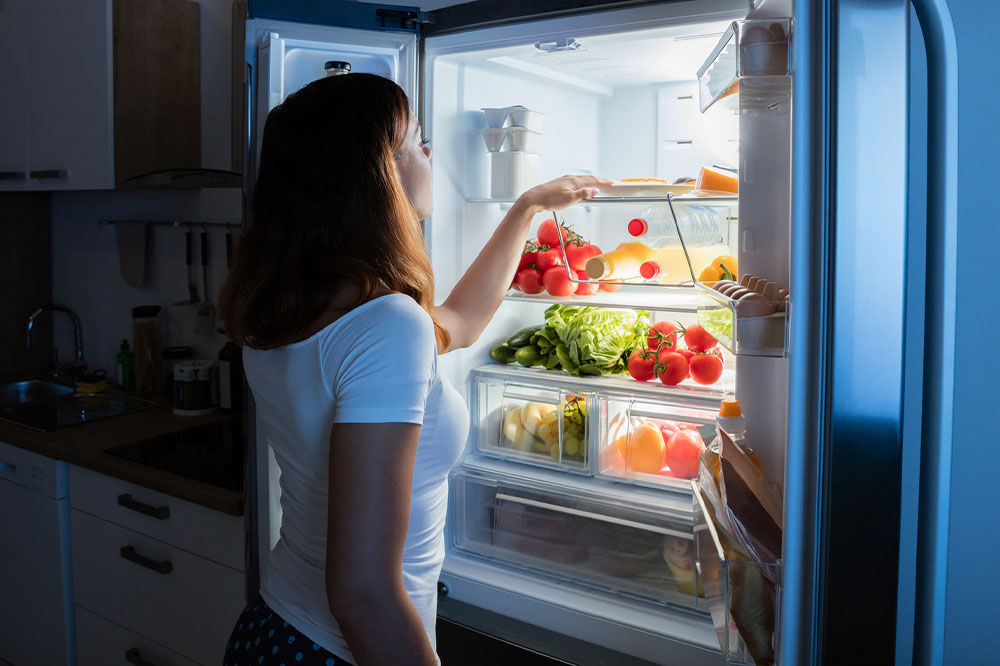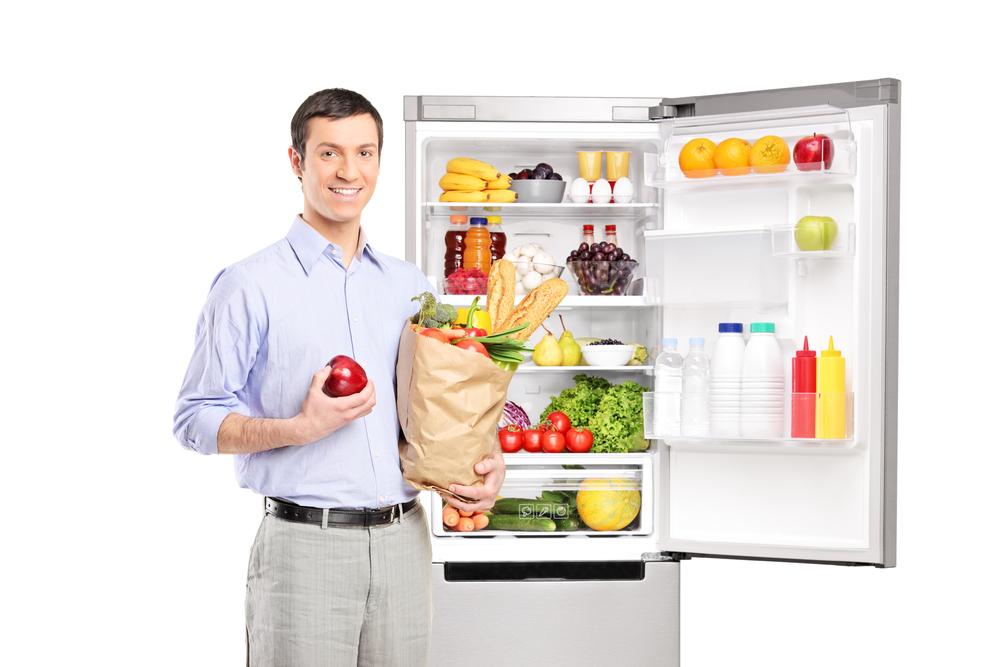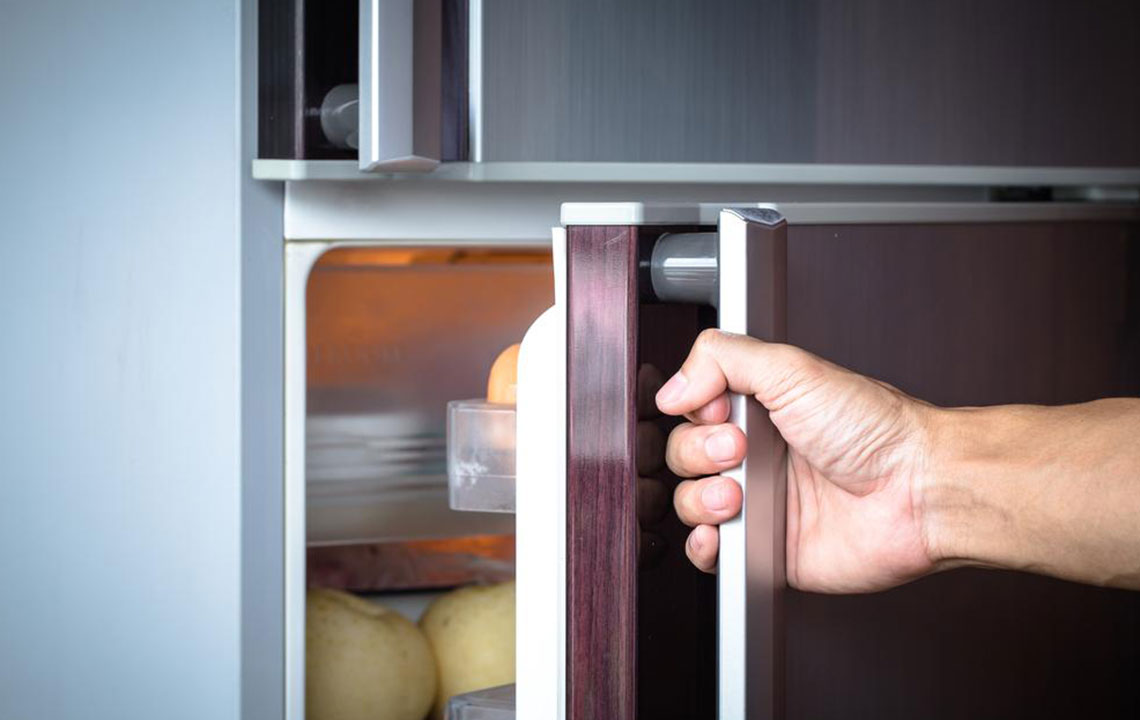Eco-Friendly Refrigeration: Reducing Environmental Impact and Embracing Green Alternatives
This article discusses the environmental impact of household refrigerators, highlighting the role of refrigerants in global warming. It explores sustainable alternatives like natural refrigerants, advancements in eco-friendly technology, and the importance of responsible disposal practices. Emphasizing industry efforts and consumer choices, the piece advocates for greener refrigeration solutions to reduce ecological footprints and promote sustainability worldwide.

Sustainable Approaches to Household Refrigeration and Environmental Concerns
Refrigerators are vital appliances that keep food fresh and beverages cool. However, they significantly impact the environment, mainly due to the use of greenhouse gases in their cooling systems. Understanding their operation and adopting eco-friendly alternatives can help minimize their ecological footprint.
How do refrigerators function?
They work by using refrigerants—liquid substances that cycle between liquid and gaseous states to absorb heat from inside the unit and expel it outside, cooling the interior efficiently.
Types of Refrigerants
Earlier refrigerants like chlorofluorocarbons (CFCs) damaged the ozone layer, but now safer alternatives such as hydrofluorocarbons (HFCs), hydrochlorofluorocarbons (HCFCs), and natural refrigerants are in use. Although they are less ozone-depleting, many still contribute to global warming by emitting potent greenhouse gases. The cooling sector accounts for about 10% of global carbon emissions, emphasizing the importance of adopting greener solutions.
Advances in Sustainable Refrigeration
Since 1902, ongoing innovations aim to replace traditional refrigerants with environmentally friendly options. Companies like Coca-Cola, PepsiCo, and Unilever are testing refrigerants such as ammonia, hydrocarbons, and CO2 that are less harmful, integrating these into their products to support sustainability efforts.
Environmental Challenges and Considerations
Natural refrigerants tend to be more eco-friendly but can present safety concerns, such as toxicity (ammonia) or flammability (propane). These risks make widespread adoption complex. Nevertheless, responsible use and waste management, along with consumer and industry commitment to sustainable choices, are key to reducing the environmental impact of refrigeration technology.
Prioritizing green options and responsible disposal can help safeguard our environment for future generations.


